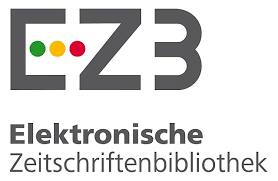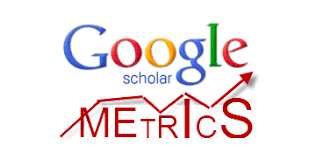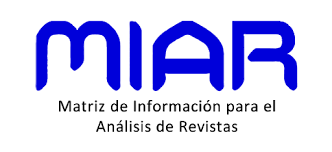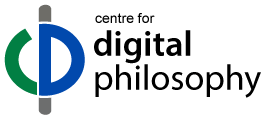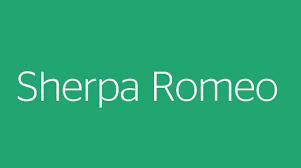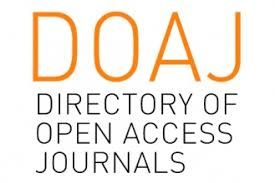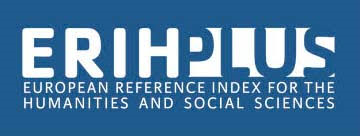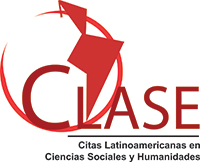Pluralidade Religiosa e o Conceito de Deus
DOI:
https://doi.org/10.15448/1984-6746.2024.1.45335Palavras-chave:
Teoria dos conceitos, conceito de Deus, filosofia da religião, SQMLResumo
Neste artigo, abordo algumas questões de ordem superior envolvendo o conceito de Deus que surgem dentro de um contexto pluralista: o problema da unidade conceitual, o problema da unicidade de extensão e o problema da homogeneidade/heterogeneidade. Minha proposta para resolver essas questões envolve uma teoria especial híbrida de conceitos, chamada de teoria de conceitos ideais. Argumento que, quando adicionada a uma visão pluralista de conceitos, e formalizada dentro de uma estrutura de mundos possíveis, tal teoria fornece uma resposta satisfatória a esses problemas. A formalização é feita a partir de uma versão específica da Lógica Modal Quantificada Mais Simples (SQML, do inglês Simplest Quantified Modal Logic), e sua apresentação é exclusivamente semântica, mantendo detalhes técnicos a um nível mínimo.
Downloads
Referências
BARSALOU, L. W. Ideals, central tendency, and frequency of instantiation as determinants of graded structure in categories. Journal of Experimental Psychology: Learning, Memory, and Cognition 11, p. 629–64, 1985. DOI: https://doi.org/10.1037//0278-7393.11.1-4.629
ESPOSITO, J. The Straight Path. New York: Oxford University Press, 1998.
HERRMANN, E. On the distinction between the concept of God and conceptions of God. International Journal for Philosophy of Religion. 64, p. 63–73, 2008. DOI: https://doi.org/10.1007/s11153-008-9163-z
HUGHES G. E.; CRESSWELL M. J. An Introduction to Modal Logic. London: Methuen and Co. Ltd., 1968.
LAKOFF, G. Cognitive models and prototype theory. p. 63-100. In: U. NEISSER (ed.). Concepts and conceptual development. Cambridge: Cambridge University Press, 1987.
LAURENCE, S.; MARGOLIS, E. Concepts and Cognitive Science. p. 3-81. In: E. MARGOLIS e S. LAURENCE (eds.). Concepts: Core Readings. Cambridge, MA: MIT Press, 1999.
LEWIS, D. On the Plurality of Worlds. Oxford: Basil Blackwell, 1986.
LINSKY, B.; ZALTA, E. In Defense of the Simplest Quantified Modal Logic In: J. Tomberlin (ed.), Philosophical Perspectives 8: Logic and Language, Atascadero: Ridgeview, 1994, p. 431-458. DOI: https://doi.org/10.2307/2214181
LOCKE, J. An Essay Concerning Human Understanding. New York: Oxford University Press, 1690/1975. DOI: https://doi.org/10.1093/oseo/instance.00018020
MARGOLIS, E.; LAURENCE, S. Concepts. In : ZALTA, E. N. (ed.) The Stanford Encyclopedia of Philosophy (Summer 2019 Edition).
MEDIN, D.; SCHAFFER, M. Context theory of classification learning. Psychological Review 85, p. 207-238, 1978. DOI: https://doi.org/10.1037//0033-295X.85.3.207
MENZEL, C. The Simplest Quantified Modal Logic (SQML), supplement to “Actualism”. p. 137-183. In: ZALTA, E. A (Leibnizian) (ed.). Theory of Concepts. Logical Analysis and History of Philosophy, 3. The Stanford Encyclopedia of Philosophy (Summer 2018 Edition), 2000.
MURPHY, G. The Big Book of Concepts. Cambridge, MA: MIT Press, 2002. DOI: https://doi.org/10.7551/mitpress/1602.001.0001
OPPY, G. Describing Gods: An Investigation of Divine Attributes. Cambridge: Cambridge University Press, 2014. DOI: https://doi.org/10.1017/CBO9781316091807
RESNICK, H. Kṛṣṇa in the Bhagavad-gītā: A Beginning Ontology from the Gauḍīya Perspective. Journal of Vaishnava Studies, v. 3, 1995, p.5-32.
ROSCH, E. Principles of categorization. In: E. ROSCH and B. B. LLOYD (eds.), Cognition and Categorization, Hillsdale, NJ: Erlbaum, 1978, p. 27- 48. DOI: https://doi.org/10.4324/9781032633275-4
ROSCH, E. Cognitive representations of semantic categories. Journal of Experimental Psychology, v. 104, 1975, p. 192-233. DOI: https://doi.org/10.1037//0096-3445.104.3.192
SCHURZ, G. Alethic Modal Logics and Semantics. In: JACQUETTE, D. (ed.), A Companion to Philosophical Logic, Oxford: Blackwell Publishing, 2002, p. 442-477.z DOI: https://doi.org/10.1111/b.9781405145756.2002.00033.x
SILVESTRE R. Teoria Clássica dos Conceitos e o Conceito de Deus. Filosofia Unisinos, v. 22, 2021, p.1-13. DOI: https://doi.org/10.4013/fsu.2021.222.09
SILVESTRE R. On the Representation of the Concept of God. Philosophia, 50, 2022, p. 731-755. DOI: https://doi.org/10.1007/s11406-021-00413-8
SMITH, E.; Medin, D. Categories and Concepts. Cambridge, MA: Harvard University Press, 1981. DOI: https://doi.org/10.4159/harvard.9780674866270
TUGGY, D. Trinity; ZALTA, E. N. (ed.). The Stanford Encyclopedia of Philosophy (Winter 2016 Edition), 2006.
WEISKOPF, D. The Plurality of Concepts. Synthese, 169, 2009, p. 145-173. DOI: https://doi.org/10.1007/s11229-008-9340-8
ZALTA, E. A (Leibnizian) Theory of Concepts. Logical Analysis and History of Philosophy 3, 2000, p. 137-183. DOI: https://doi.org/10.30965/26664275-00301008
Downloads
Publicado
Como Citar
Edição
Seção
Licença
Copyright (c) 2024 Veritas (Porto Alegre)

Este trabalho está licenciado sob uma licença Creative Commons Attribution 4.0 International License.





